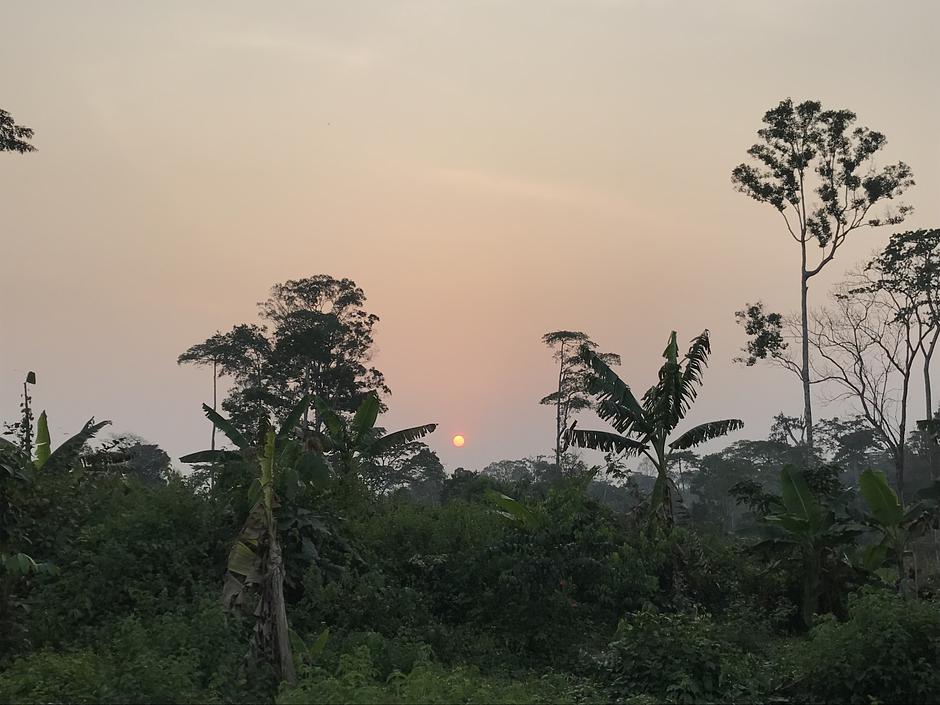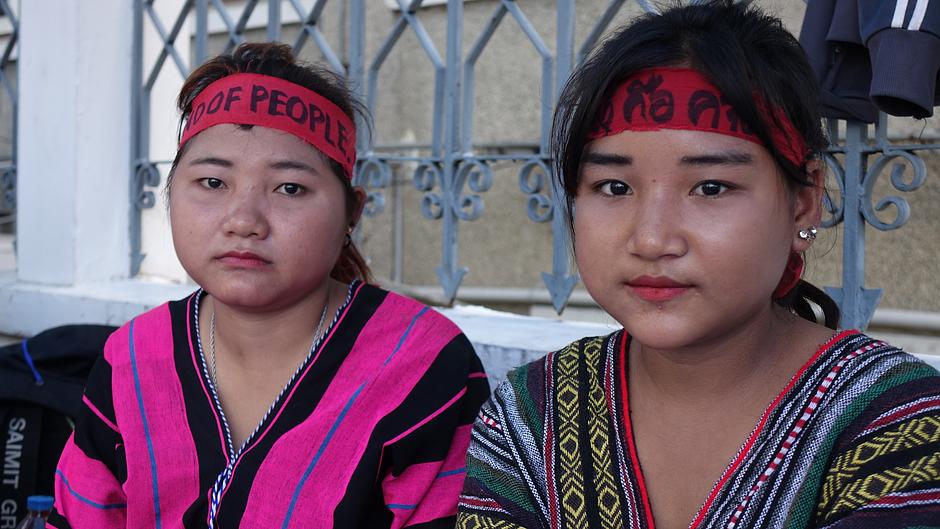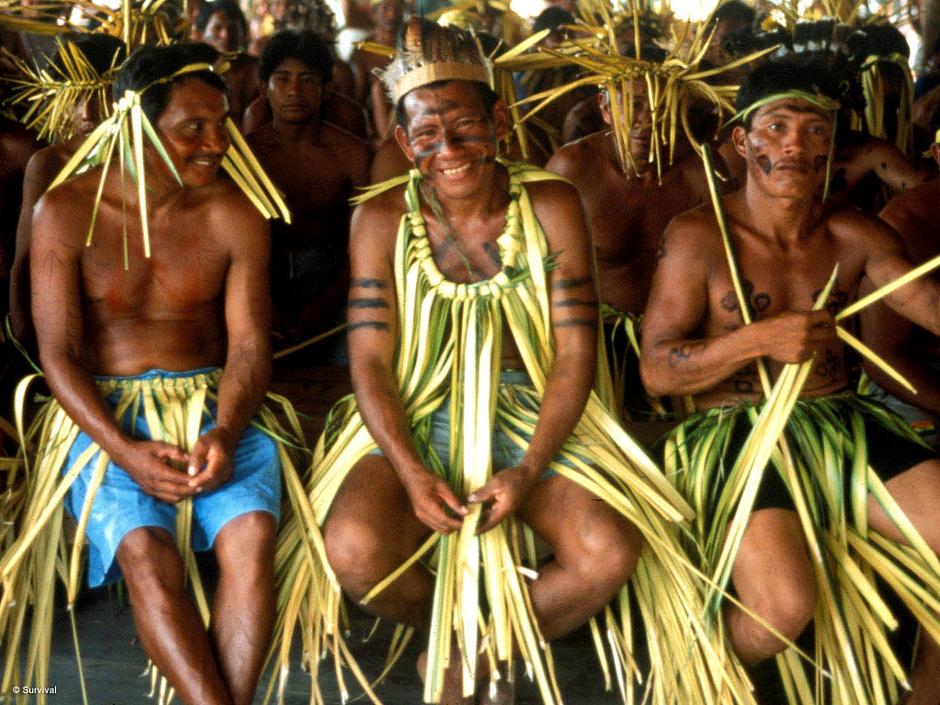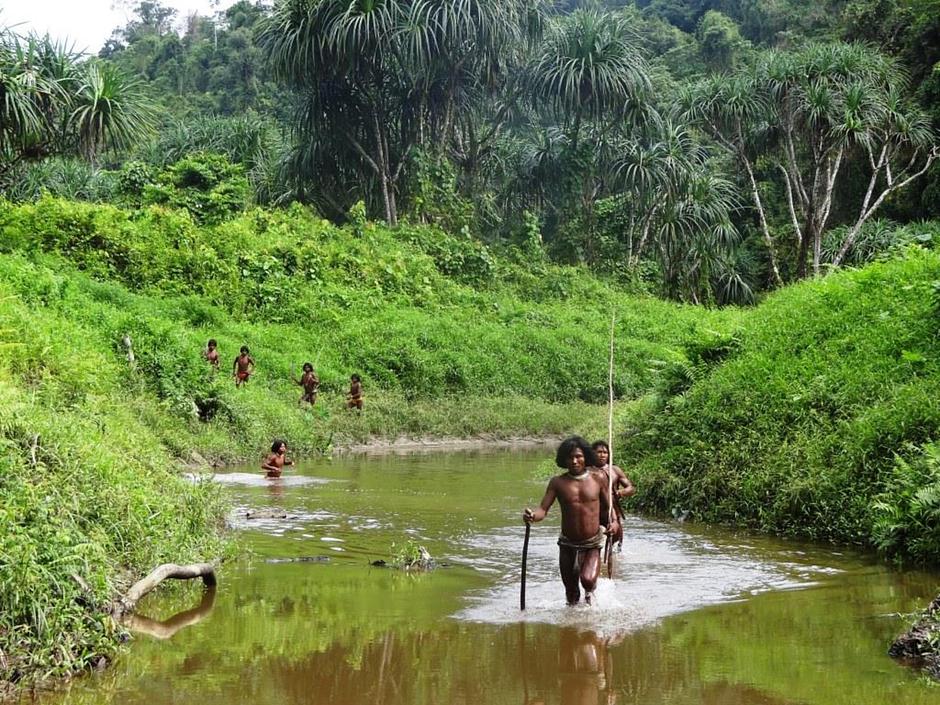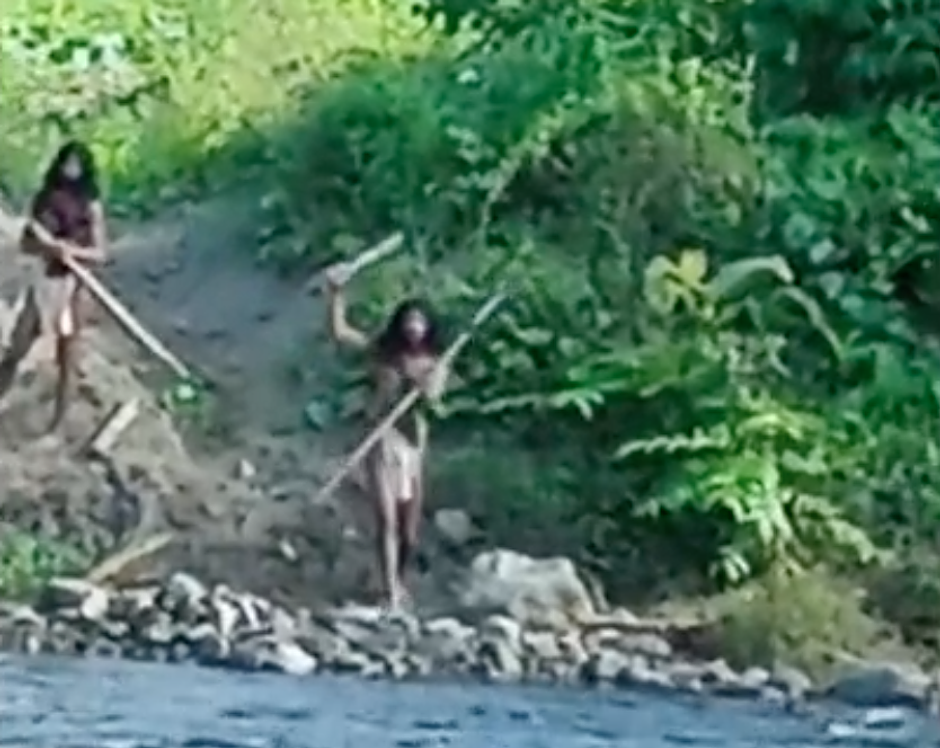Statements by researchers about Chagnon's depiction of the Yanomami
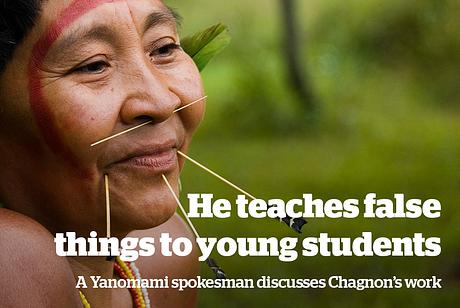
Philippe Descola,
Professor of Anthropology at the Collège de France, Paris
Member of the American Academy of Arts and Sciences
Member of the British Academy
25 February 2013
As a fellow anthropologist, also with a long trajectory in the study of Amazonian
Indians, I fully agree with the assessment given by Viveiros de Castro of the work of
Chagnon among the Yanomami.It is puzzling for European anthropologists that
Chagnon has met with such huge success in the US (in terms of books sold at least),
so crude is his thinking and so shallow his ethnography. I don’t remember having
seen any reference made to his work for a very long time in the anthropological
literature on Amazonia. Professor Sahlins is, in my eyes and those of many other
scholars the world over, the most respected anthropologist alive today, and I should
think that the media and the general US public should pay attention to his courageous
stand in this case.
Manuela Carneiro da Cunha
Professor emerita at the University of Chicago
Member of the Brazilian Academy of Sciences
Member of the Third World Academy of Sciences
25 February 2013
In 1988, as the then president of the Brazilian Anthropological Association, I sent a
letter of protest to the American Anthropological Association about the work of
Napoleon Chagnon and its political effects. As a member myself of the Brazilian
Academy of Sciences and of the Third World Academy of Sciences, I was shocked by
his recent election to the National Academy of Sciences, and particularly so since his
influence on our profession is next to nil. Marshall Sahlins, in contrast, continues to
be the most widely cited and most influential North American anthropologist in
Brazil. That he should be portrayed as an enemy of science by Napoleon Chagnon,
who in turn poses as its avenger is to have a very poor opinion of what science is. I
applaud Sahlins’s decision to resign from the NAS, which is consistent with his
biography, that of a stellar anthropologist and a committed citizen, who has never
hesitated in taking a stand in defense of justice both in politics and in sound
anthropology.
Eduardo Viveiros de Castro
Professor of anthropology at Rio de Janeiro Federal University
24 February 2013
As an anthropologist with experience in Amazonia, as well as a Brazilian citizen, I
wish to express in the strongest possible terms my agreement with Prof. Sahlins’s
position concerning the election of Napoleon Chagon to the National Academy of
Sciences.
Chagnon’s writings on the Yanomami of Amazonia have strongly contributed to
reinforcing the worst prejudices against this Indigenous people, who certainly do not
need the kind of stereotyping pseudo-scientific anthropology Chagnon has chosen to
pursue at their cost.
The Yanomami are anything but the nasty, callous, sociobiological robots Chagnon
makes them look like – projecting, in all likelihood, his perception of his own society
(or personality) onto the tribe. They are an Indigenous people who have managed,
against all odds, to survive in their traditional ways in an Amazonia increasingly
threatened by social and environmental destruction. Their culture is original, robust
and inventive; their society is infinitely less ‘violent’ than Brazilian or American
societies.
Virtually all anthropologists who have worked with the Yanomami, many of them
with far larger field experience with this people than Chagnon, find his research
methods objectionable (to put it mildly) and his ethnographic characterizations
fantastical.
*Carlo Zacquini *
Catholic Missionary who worked with the Yanomami for nearly 50 years
2 February 2013
_Those who I knew – and I’ve known many Yanomami during all the years when I visited lots of communities – are not like that [violent]. There are always tensions, as there are tensions in each family and each place, but for me this is not war. War is another thing. I know war. I’ve known it since I was a child.
There are fights, I think they always existed, they exist in all societies, and sometimes someone dies, but it’s so rare. Fights became much more serious when the gold miners came into the area and the Indians acquired firearms… But this also was not a general thing, it is not a constant thing – Yanomami ‘wars’ hardly cause any harm. The harm from a ‘war’ is far less than the harm caused by flu.
I saw in the case of the Yanomami that when the State came along with its actions saying they were for the security of the border, violence against the Yanomami was really great, although not through gunfire, but through people linked to the state like, for example, the gold miners. Before, life for the Yanomami was very peaceful, much more so, then afterwards the problems multiplied enormously in an unacceptable way I’d say. _


